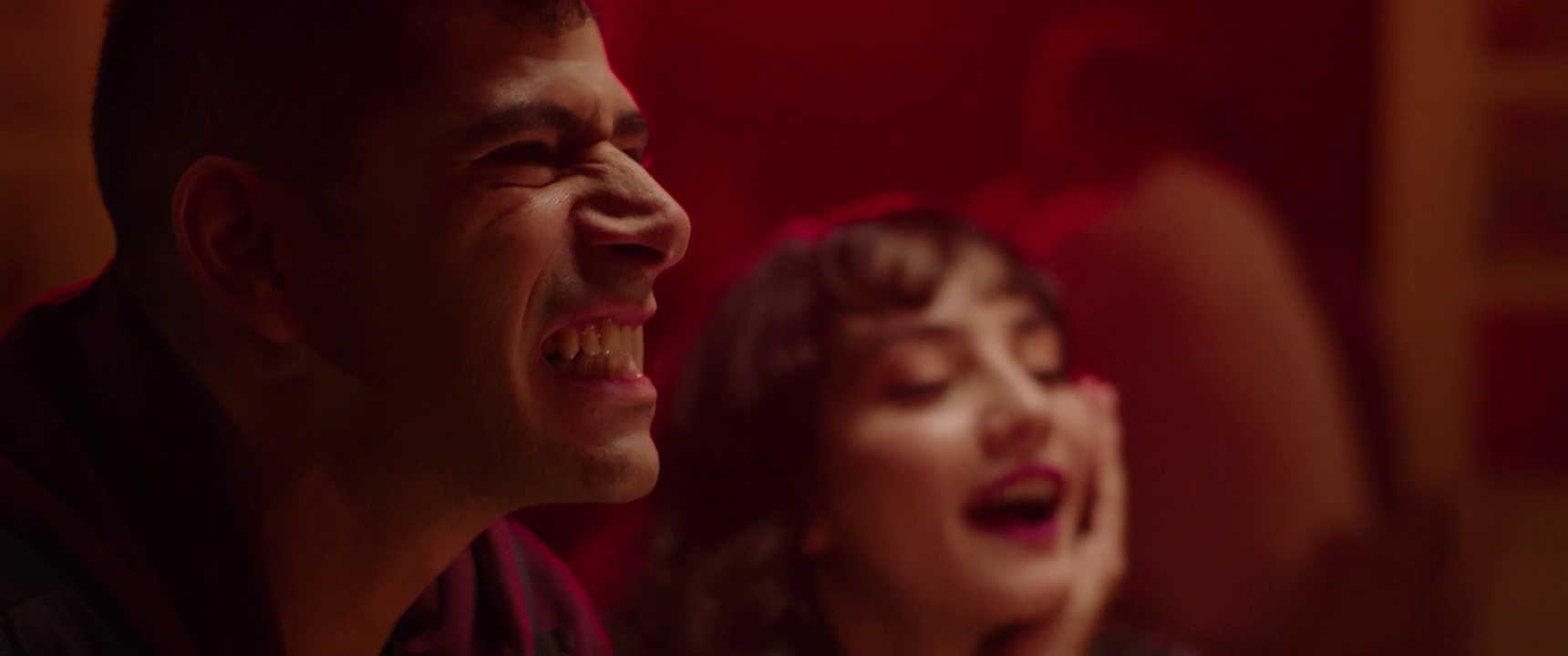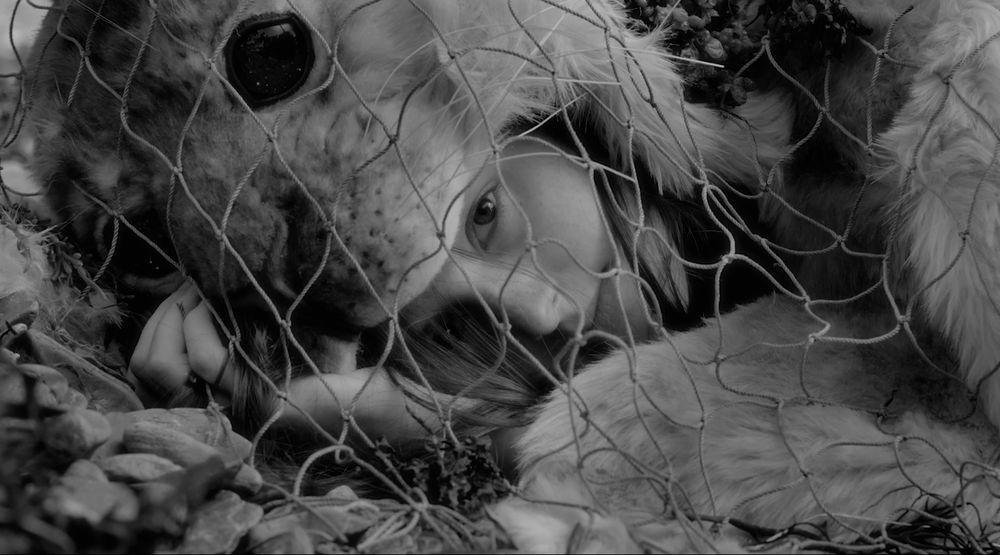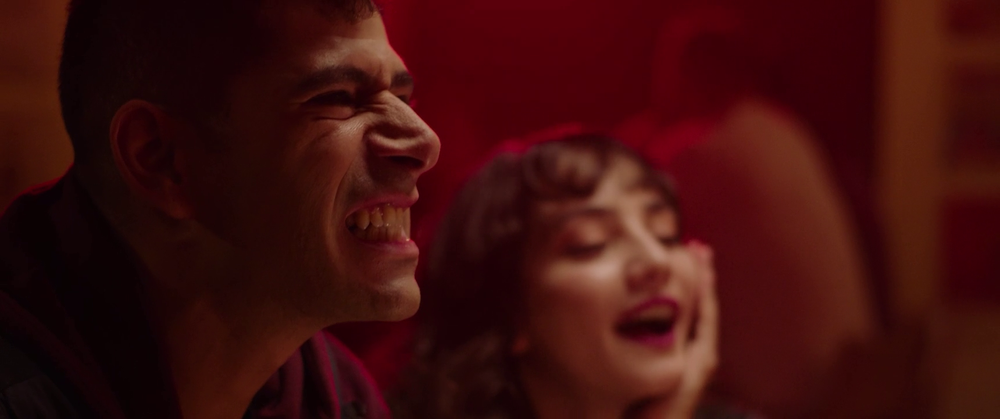With Gabriel Vilandré
How did this film come together?
The idea came from something that happened to me as a kid. I stole some tools from what I thought was an abandoned farm. My dad found out and made me bring them back — not just return them, but go talk to the owner face to face, in his kitchen. That moment stayed with me. Years later, I used it as the emotional core of the film, though I transposed the story to a hardware store and added a layer of dark humor and tension.
Did anything unexpected happen as you were making this film?
Fortunately, everything went smoothly. Even though it’s an independent production, everyone involved was a professional with solid experience. We shot entirely indoors, which helped us stay in control of the environment. Any potential issues were identified early and dealt with in advance. That preparation made all the difference.
What's the best filmmaking advice you've ever received?
It might sound basic, but the best advice I ever got was from my screenwriting teacher. He told us: 'Your character must always have a goal.' When he said that, suddenly everything clicked. It gave structure and purpose to scenes that felt vague before.
Is there anything else you'd like to add?
Yes — this was a self-financed film, like all my previous projects. I’ve always worked this way because it allows me to move quickly and stay close to my vision, without waiting years for funding. Of course, it's not easy, but I believe independent filmmaking has the freedom to take more risks. That’s the kind of cinema I care about — raw, personal, and a bit unpredictable.






